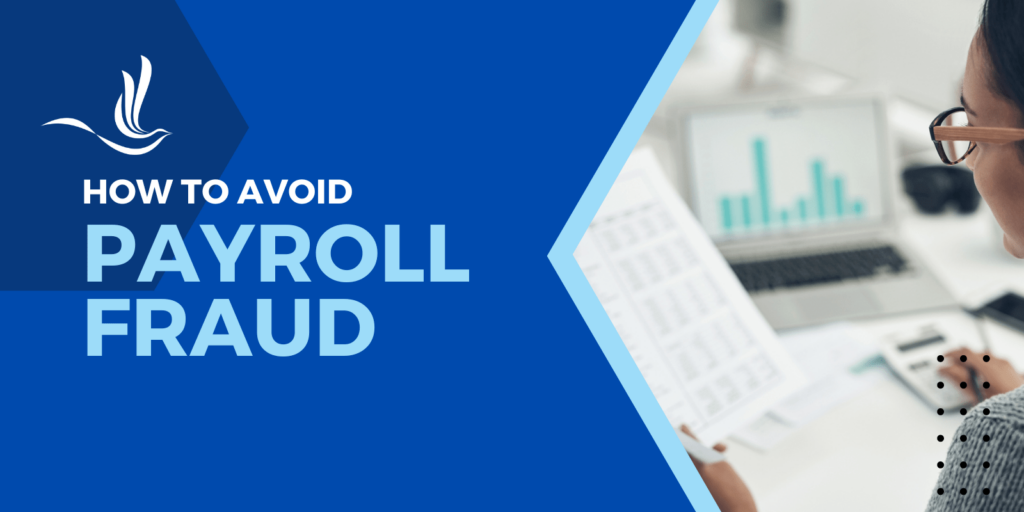
Payroll fraud is an unfortunate reality that continues to haunt businesses, causing significant financial losses and harming their reputation. This fraudulent act occurs when an individual manipulates the payroll system to get money or benefits to which they are not entitled. Payroll fraud can threaten any company, from small firms to large multinational corporations. Here’s an overview of what payroll fraud is and how to avoid it.
What is payroll fraud?
Payroll fraud includes a wide range of fraudulent actions, such as ghost employees, faked overtime claims, unlawful salary rises, commission manipulation, and unauthorized perks. Employees, management, or even outside parties who exploit payroll process flaws can be liable. Here are some of the most common types of payroll fraud.
- Ghost Employees: A ghost employee is someone who is added to your payroll in order to collect a salary even though they are not employed by your organization. While this can be done accidentally, more often than not it’s done fraudulently to collect a paycheck for a nonexistent employee.
- Timesheet and Overtime Fraud: Another prevalent type of payroll fraud is inflating hours worked or claiming overtime when it is not due. Employees that are dishonest may conspire with superiors or coworkers to alter time records, resulting in excessive payouts.
- Wage Manipulation: Unauthorized raises, bonuses, or commissions can be exploited by dishonest personnel with payroll system access. They fraudulently raise their own pay by changing salary figures.
- Misclassifying Employees: Employers are required by the IRS to correctly classify their personnel. Some employers illegally categorize W-2 employees as 1099 employees in order to avoid paying taxes or providing health care coverage.
- Expense Fraud: In some cases, employees may be authorized to be reimbursed for expenses, and take advantage. Inflated, false, duplicate or personal reimbursement claims all contribute to payroll fraud.
How do I avoid payroll fraud?
Payroll fraud is difficult to eliminate entirely. This is because sometimes it occurs unintentionally. However, with strict policies, it can be limited and detected early. Some ways to avoid payroll fraud include:
- Having strict internal controls: Payroll is not an area in the company in which many people should have a hand in. While there should be multiple personnel involved in the payroll process, their roles and duties should be clearly defined and audited on a regular basis to ensure a healthy checks and balances system.
- Having regular and surprise audits: Audit payroll records on a regular basis to identify any inconsistencies or discrepancies. Inconsistencies, such as duplicate entries, unapproved changes or excessive overtime claims, should be prevented.
- Using a modernized payroll system: Use current payroll software that has fraud detection tools. Advanced systems can detect unusual trends, duplicate entries, or abrupt changes in employee data, providing useful insights for further research.
- Hiring trustworthy employees: When employing new personnel, do extensive background checks and verification procedures. Confirm their identification, job history, and qualifications to lessen the risk of recruiting individuals who have a history of fraud.
Payroll fraud is a major source of fraud within companies. In fact, most financial loss in organizations comes from within rather than from outside third parties. If you have a business, it’s important to avoid payroll fraud at all costs, as it can result in financial hardship as well as punishment by the IRS. Optima Tax Relief has over a decade of experience helping taxpayers with tough tax situations, whether they are individuals or businesses.
If You Need Tax Help, Contact Us Today for a Free Consultation